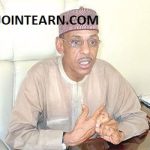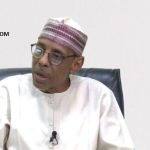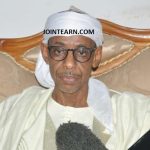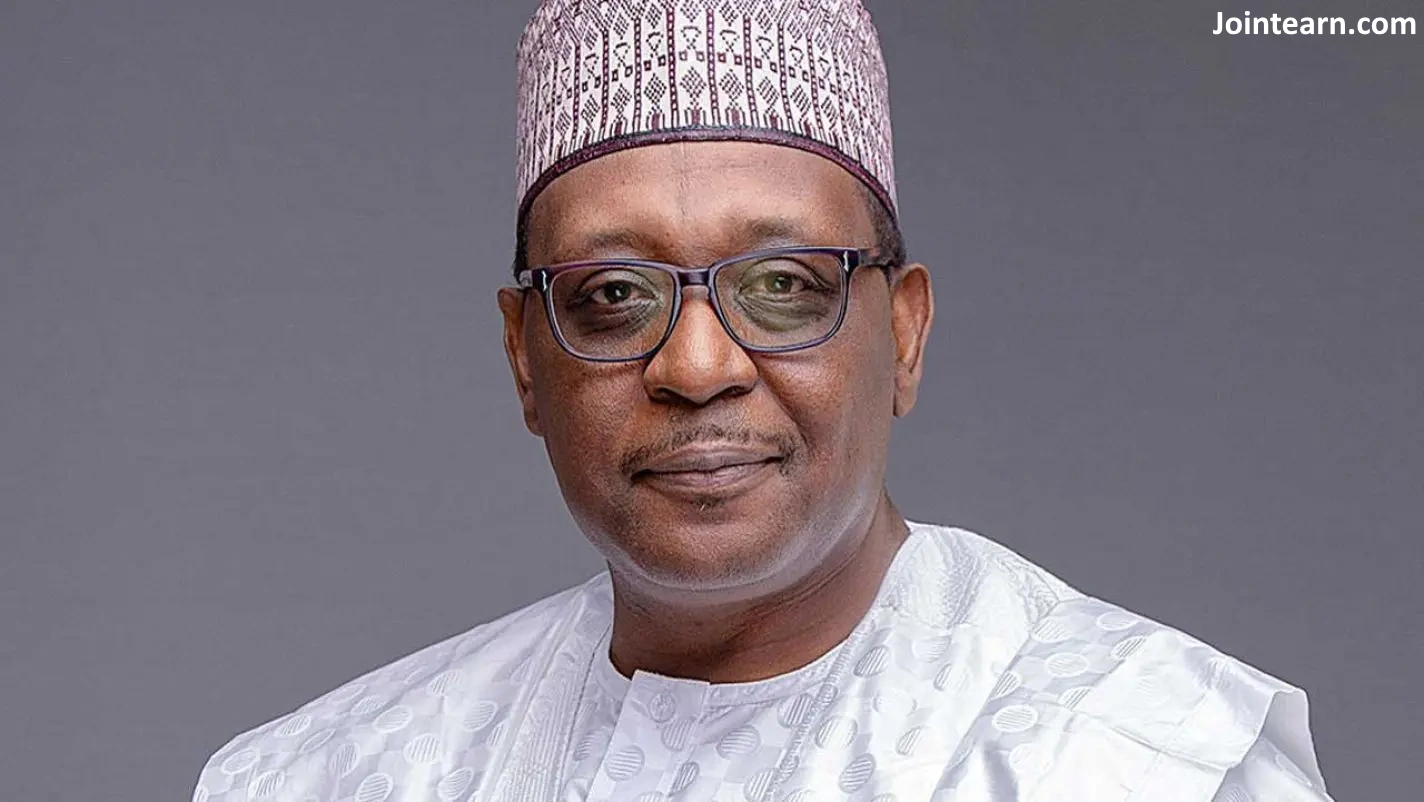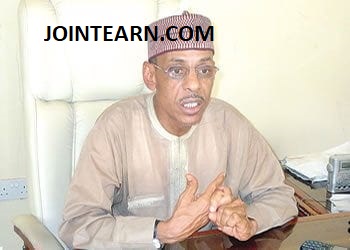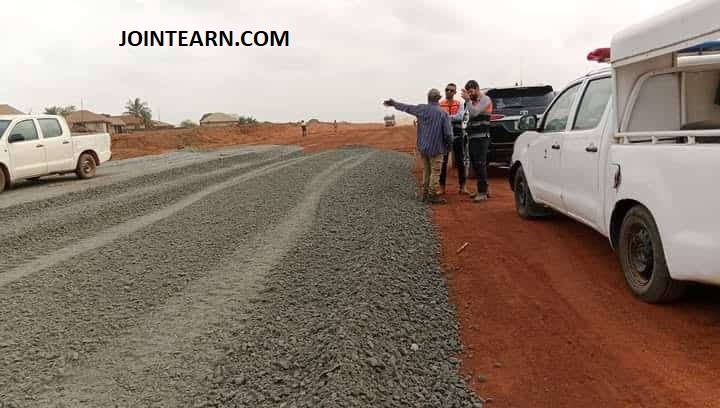The Minister of Health and Social Welfare, Prof. Ali Pate, has reassured Nigerians that President Bola Ahmed Tinubu is fully aware of the difficulties citizens are facing and is committed to finding long-term solutions.
Prof. Pate made this statement during the quarterly review meeting of the Traditional Leaders’ Committee on Primary Healthcare Delivery, which represents the 19 northern states, at the Government House in Bauchi, the state capital, yesterday evening.
He emphasized that President Tinubu not only acknowledges the struggles of Nigerians but is also deeply concerned about their plight.
“President Tinubu understands the challenges Nigerians are going through. He feels the pain, cares deeply, and is working tirelessly to ease the suffering. His primary focus is improving the living conditions of our people,” he said.
The Minister acknowledged the hardships caused by the economic reforms under the Tinubu administration, but reassured citizens that the long-term benefits will justify the sacrifices made.
“Though the reforms have been difficult, there is light at the end of the tunnel. Relief will come after hardship,” he added.
Prof. Pate highlighted the federal government’s efforts to address critical areas such as health and education, noting that 8,800 primary healthcare centers are now receiving regular funding through the Basic Health Care Provision Fund. Additionally, 4,000 centers are being revitalized nationwide.
“This work cannot be done by the President alone,” Prof. Pate stressed. “State and local governments, along with traditional and community leaders, must unite to achieve the Nigeria we all want.”
Governor Bala Mohammed of Bauchi State praised President Tinubu’s efforts and called for more collaboration between federal and state governments. He emphasized his administration’s commitment to the Abuja Declaration, which allocates 15 percent of the state’s budget to the health sector.
The governor also recognized the contributions of traditional and religious leaders in establishing over 300 primary healthcare centers across Bauchi State. He thanked the Sultan of Sokoto, Alhaji Muhammad Sa’ad Abubakar III, for his leadership in mobilizing traditional rulers to raise health awareness within communities.
Represented by Barrister Ibrahim Mohammed Kashim, Secretary to the Government of Bauchi State, Governor Mohammed expressed appreciation for the traditional leaders’ efforts in engaging the grassroots and improving lives.
“As Nigerians continue to endure the effects of the reforms, the government calls for patience, unity, and collective action to achieve long-term development and relief,” he said.
In her goodwill message, UNICEF Country Representative in Nigeria, Cristian Munduate, commended the traditional rulers from the 19 northern states for their crucial role in Nigeria’s success in eradicating the wild poliovirus and their ongoing efforts to tackle outbreaks.
Speaking through her representative, Shamina Sharmin, Munduate praised the Royal Fathers for their significant contribution to polio eradication and their ongoing efforts in promoting immunization and primary healthcare, particularly for vulnerable groups like women and children.
“Combating polio requires a collaborative effort involving governments, international organizations, local communities, and other stakeholders,” Munduate said. “We need stronger partnerships to overcome challenges such as low immunization rates and achieve a polio-free Nigeria.”
She urged traditional leaders to continue strengthening routine immunization efforts and help ensure Nigeria remains polio-free.
UNICEF reaffirmed its commitment to working with the Ministry of Health, the National Primary Health Care Development Agency, and other partners to drive behavior change in vaccination and ensure that every child receives the necessary immunizations for a healthier and polio-free future.



